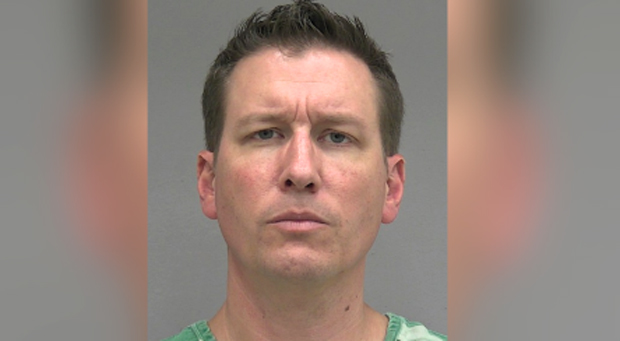Rampant homelessness among veterans in the United States has exploded as the government prioritizes spending billions of dollars on housing and providing free medical care illegal immigrants.
Not only is illegal immigration a financial drain on everyday working Americans, but society’s most vulnerable are now being hit the hardest as millions of dollars is given to house the new arrivals.
According to a recent report from the Department of Housing and Urban Development (HUD), there has been a 7.4 percent jump in homeless veterans between 2022 and 2023, estimating more than 35,000 veterans have nowhere to live.
The report says that almost twice as many veterans may experience homelessness over the course of a year.
Almost 13 percent of the homeless adult population are veterans, according to the HUD estimation.
U.S. Marine Corps veteran and CEO of VetComm.us, Kate Monroe, described the Veteran homelessness epidemic as “the ultimate betrayal.”
Monroe told The Epoch Times, “What they are trying to do is get as many people into the U.S. as they can.”
“And what we’re saying to our homeless veterans is that we as a country don’t care. It’s no wonder why recruiting is down by 20 percent.”
Soaring rent costs are not helping either.
The U.S. saw a whopping 12% increase in homelessness, reaching its highest reported level last year, according to federal officials.
Åround 653,000 Americans were homeless, with a total increase of about 70,650 in 2023 compared with 2022.
The Homeland Security Republican Committee report from 2023 said the money the government is plowing into illegal migrants would cost the taxpayer $451 billion by the end of 2024.
This is seen in places like New York, which has already spent $1.45 billion to provide shelter and food to thousands of immigrants being bussed in from the border,
Meanwhile, Chicago spent $138 million through 2023 to provide housing and care for illegal immigrants.
According to the Federation for American Immigration Reform, California spent some $22.8 billion on caring for illegal immigrants in 2023. Also, it became the first state to offer health insurance for all illegal immigrants.
“I’ve been down to the border. Buses pull up, and illegal migrants are given food, a cell phone, and a plane ticket,” Ms. Monroe said.
“They are taking away housing and resources from veterans, and the American people are the victims.”
Monroe’s firm is working to shelter veterans and empower them to improve their quality of life.
“We do anything we can to prevent them from ending up on the streets,” Ms. Monroe said but warned some can fall through the cracks.
“They’re just not getting access to it quickly and efficiently, especially since the entirety of the VA homelessness program is based on the VA giving grants to third parties, who then give a fraction of that money to the veterans,” she said.
The VA reported it had permanently housed 46,552 homeless veterans, which exceeded it its goal of 38,000.
VA spokesman Terrence Hayes said none of their funds are earmarked for shelter or health care for illegal immigrants.
“The VA does not provide or fund any health care for ICE [U.S. Immigration and Customs Enforcement] detainees,” he said.
“No funding or any other resources from VA are used to pay for or provide housing or health care services to non-Veteran individuals detained in [ICE] custody.”
Why are veterans more vulnerable to experiencing homelessness?
EndHomelessness writes on its website:
Veterans are not unlike civilians when it comes to homelessness. They must navigate the lack of affordable housing and economic hardship that everyone faces, in addition to the challenges brought on by multiple and extended deployments. Taken together, these factors create a population that deserves–but can often struggle with–housing stability.
Research indicates that those who served in the late Vietnam and post-Vietnam eras are at the greatest risk of becoming homeless but that veterans from more recent wars and conflicts are also affected. Veterans returning from deployments in Afghanistan and Iraq often face invisible wounds of war, including traumatic brain injury and post-traumatic stress disorder, both of which correlate with homelessness.
According to Thomas Byrne, a Boston University School of Social Work associate professor, former service members are at much higher risk of homelessness as they are more vulnerable to suicide and physical and mental illness.











